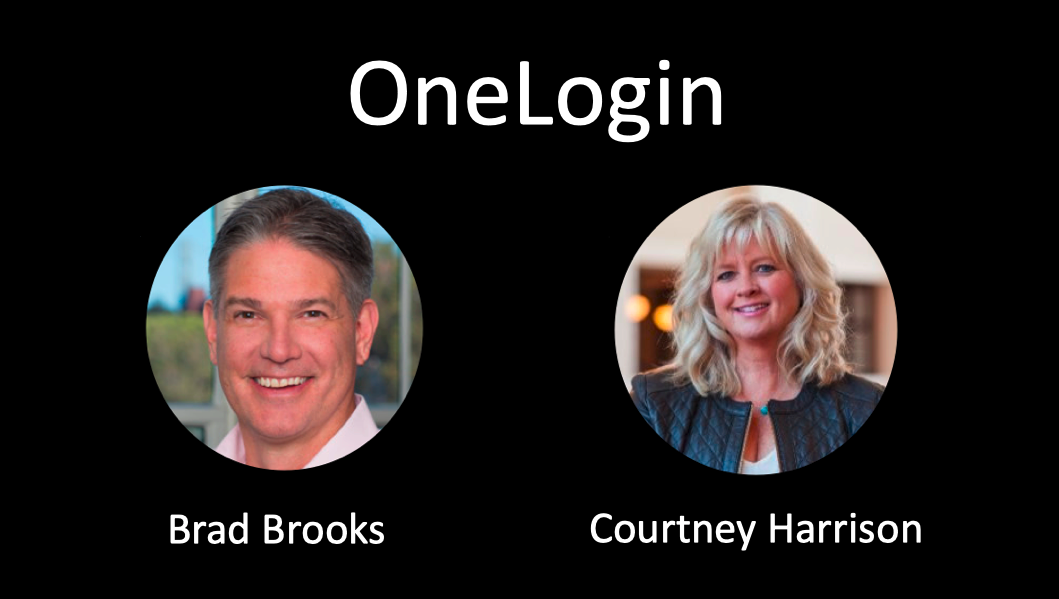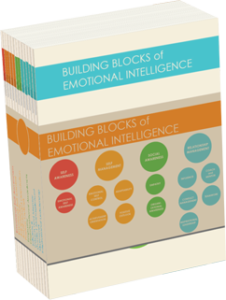Brad Brooks, CEO of OneLogin: “first, is security first, it’s core to what we do for our for our customers it’s our core value proposition to our customers, but it’s more than that. It’s awesome and it certainly has shown this last year for our employees – it’s how our employees identify with the company, how secure they feel in their employment, how secure they feel in their jobs. More importantly with some of the violence that’s gone around with black lives matter, and what’s going on with the Asian community today, do you feel safe in this company based on the actions that we’re doing as leaders? So, not just about in terms of the product we deliver to our customers but the culture we create.
The second core value is collaboration, which is all great companies know how to work together, but the companies that are trying to beat the competition in a way that is much bigger/or we’re going up against those gorillas, we only win as a team. That means that we have not only a shared sense of values, but we have a shared sense of measurements around success. The leadership team has shared metrics to their bonus rather than individual performance goals the vast majority of the bonus is actually tied up into the overall shared collective success of everybody, and we drive that through down into the organization.
Dr. Daniel Goleman: “It depends on how well everyone does.”
Brad Brooks, CEO of OneLogin: “exactly, exactly, and it also comes out in terms of how our customers success actually happens. So, collaboration is not just internal, it’s how you collaborate with your customers in terms of developing new products, new features, new capabilities, and how you drive their success. Industry analysts…the reason that we are in like Gartner’s leadership quadrant in some of these other areas is that our customers keep coming back and telling us how well we collaborate in terms of driving their success. That gets to the third one, which is customer focused, so Amazon may tell you that they’re fanatical about their customers and everybody seems to have a different value around customer…we love our customers, but at the same time we’re in an area of technology and space which is changing all the time and they have a great deal of dependency on us to actually lead them to what is happening and where it’s going next; an expectation around that. And so having a high degree of focus on not only their success but their issues and what’s going on is critically important…not so much so that we are actually building everything they tell us to go build, because we’re in an area where they expect us to lead, versus then an expectation of them telling us what to do, and so we have got this internal, intrinsic culture of, hey first start with the customer and work back but let’s work from their challenge rather than work from their ask, because if we do that then we can get them to where they need to be versus where they want us to be right now.
The fourth area is around creativity, and creativity can come from everywhere and every idea, and the important thing about this cultural value is not innovation, and a new way of doing things – certainly that’s a big part of it – but it’s also about how do you create the relationships within the organization and the respect for diversity of thought and diversity of points of view that allow those things to bubble up. And this is where it’s a hidden piece behind creativity; is diversity is the only way that you see around corners as a company and as a culture is by having a whole lot of people looking at it the problem through a different lens they see it from a different perspective.”
Dr. Daniel Goleman: “I was talking to the guy who was the director of Sandia National labs, like 4,000 – 5,000 PhDs, he said we have a norm here, I don’t know who started it, but whenever anyone expresses a new idea the next person who speaks must be an angels advocate.”
Brad Brooks, CEO of OneLogin: “that is absolutely correct. Otherwise you squash, you corrupt, you kill, versus nurture and enjoy right. And you’ve got to celebrate that. And then the final one is accountability Daniel, is that all of these other things are nice things to have and promote within a culture, but at the end of the day is you’ve got to be you got to follow through on the commitments you make, but accountability is more than a personal ideal, it’s about us when we talk about accountability and what we mean by that. It’s the same thing that I teach to my daughters as their dad, the same thing that we do in the company here is that accountability is not about you showing up and doing what you said you’d do, accountability is about understanding the dependencies that everybody else has placed upon you about you doing your job. And that when you don’t do your job it’s not about the fact that you didn’t do the job, it’s about the fact that all of these other people, customers, employees, others have placed these dependencies on them and they are now failing because you didn’t show up and become accountable to what you’re doing right. And so it’s the collective twist on accountability rather than taking it from I, it’s taking it from we, and looking at it from that perspective.
“And we feel that we talk about those through the interview process, we measure to those, we have cultural awards that happen every month where we reward to those, and then from a strategy and a business process perspective everything that we do we take it through the lens of these values and connect it in one of these ways no matter what it is to drive us forward. It’s a framework like any other framework, it’s a framework that works for us but it definitely leads to this performance. And as you notice, none of those were intelligence or IQ. or anything else like that. they really do get around the connective tissue around social engagement, emotional engagement.”


